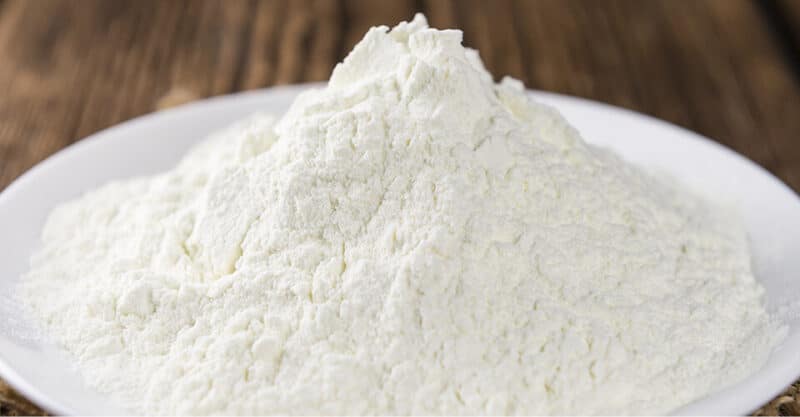The world of cannabis is constantly evolving, and one of the latest additions to the scene is delta-8 THC isolate. This cannabinoid has gained significant attention for its potential therapeutic benefits and unique properties. In this article, we’ll dive deep into the world of delta-8 isolate, exploring what it is, how it’s made, its potential uses, and its place in the future of cannabis medicine.
What Is Delta-8 Isolate?
Delta-8 THC is a lesser-known cannabinoid that shares similarities with its more famous cousin, delta-9 THC. However, delta-8 has a distinct molecular structure, with a double bond on the 8th carbon atom, hence the name. Delta-8 THC can be derived from both hemp and cannabis plants, although it’s typically found in smaller quantities compared to delta-9 THC.
Delta-8 isolate, on the other hand, is the purest form of delta-8 THC available. It is obtained through a meticulous extraction and purification process that removes all other cannabinoids and impurities, leaving only delta-8 THC in its isolated form.
The Production Process
The production of delta-8 isolate involves several steps:
Extraction: Delta-8 THC is extracted from cannabis or hemp plants using a solvent-based method like CO2 extraction or ethanol extraction.
Winterization: The extracted oil undergoes a winterization process to remove unwanted compounds such as fats, waxes, and chlorophyll.
Isolation: After winterization, the remaining extract is subjected to a series of distillation and isolation processes to separate delta-8 THC from other cannabinoids.
Purification: The isolated delta-8 THC is further purified to remove any remaining impurities, resulting in a highly concentrated and pure form of the cannabinoid.
Testing: Quality control and third-party lab testing ensure that the final product meets safety and potency standards.
Potential Uses of Delta-8 Isolate
Delta-8 isolate has generated excitement in the cannabis community due to its potential therapeutic applications. Some of its reported benefits include:
1. Pain Relief: Delta-8 THC may have analgesic properties, making it a potential option for individuals seeking relief from chronic pain conditions.
2. Tension Management: Unlike delta-9 THC, which can cause tension in some users, delta-8 THC is reported to offer a more relaxed and less anxious experience. This has led some to explore it as an option for tension management.
3. Appetite Stimulation: Delta-8 THC may stimulate appetite, making it potentially beneficial for individuals dealing with appetite loss due to medical conditions or treatments.
4. Nausea and Vomiting: Some studies suggest that delta-8 THC may help alleviate nausea and vomiting, particularly in cancer patients undergoing chemotherapy.
5. Neuroprotection: Research on delta-8 THC indicates that it may have neuroprotective properties, which could be relevant in conditions like Alzheimer’s disease.
The Future of Cannabis Medicine?
As research into cannabinoids like delta-8 THC continues to expand, there’s growing interest in their potential therapeutic applications. Delta-8 isolate, with its purity and versatility, holds promise in this regard. However, it’s important to note that the legality of delta-8 THC varies from place to place, so individuals should be aware of local regulations before using it for medicinal purposes.
The future of cannabis medicine may indeed involve the use of isolated cannabinoids like delta-8 THC. But as with any emerging field, more research and clinical studies are needed to fully understand its potential benefits, risks, and optimal usage.
In conclusion, delta-8 isolate represents an exciting development in the world of cannabis medicine. Its purity and potential therapeutic properties make it a noteworthy addition to the cannabis landscape. As research continues, we may unlock even more of its secrets and uncover new ways to harness its benefits for the well-being of individuals worldwide.
Reference:
https://pubmed.ncbi.nlm.nih.gov/34797727/
https://www.dinafem.org/en/blog/delta-8-thc-medical-recreational-potential/





